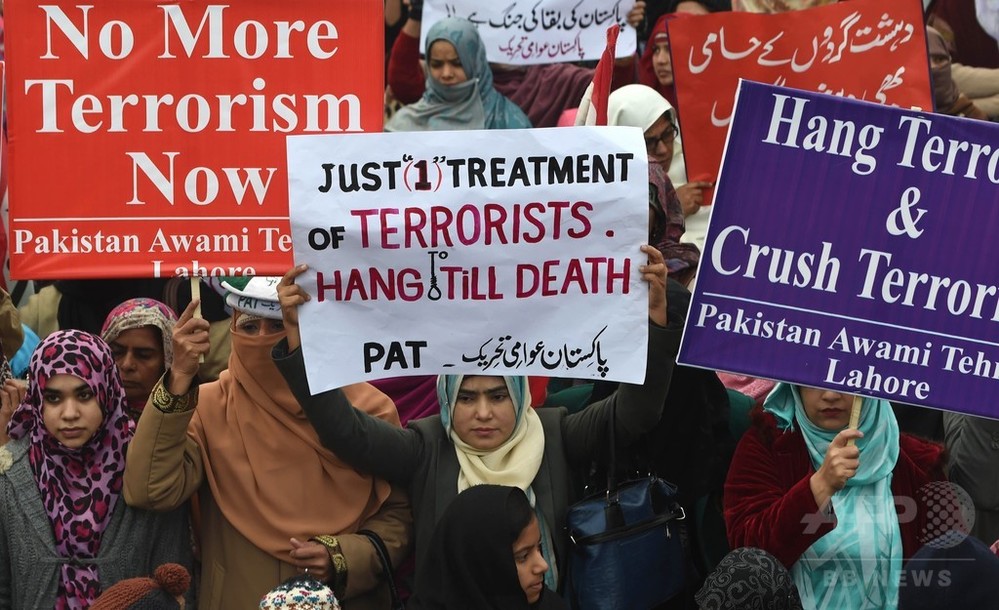
Introduction
The Jaffar Express hijacking in March 2025 was a tragic and alarming event that shook Pakistan. The passenger train, traveling through Balochistan, was attacked by heavily armed militants, causing panic among travelers and raising serious concerns about railway security. The incident highlighted the growing threat of insurgent groups in the region and the vulnerabilities in Pakistan’s transportation system.
The Jaffar Express, a crucial rail link between Quetta and Peshawar, has long been a target for militant attacks due to its route through volatile areas. On the day of the attack, as the train moved through a remote part of Balochistan, it was suddenly ambushed by militants believed to be affiliated with the Baloch Liberation Army (BLA). These armed men forcibly took control of the train, overpowering security personnel and holding passengers hostage.
As soon as authorities learned about the hijacking, Pakistan’s security forces sprang into action. The Pakistan Army, Frontier Corps, and law enforcement agencies launched an operation to regain control of the train and rescue the hostages. Initial reports indicated that the hijackers made political demands, aiming to draw attention to their separatist cause. The crisis escalated quickly, leading to a tense standoff between security forces and the militants.
The situation turned violent as gunfire erupted between the militants and security forces. The rescue operation lasted for several hours, during which both passengers and security personnel faced extreme danger. Despite the efforts of the security forces, casualties were reported before the train was fully secured. The hijackers were eventually neutralized, and control of the Jaffar Express was restored, but the attack left a deep scar on the nation.
Background of the Jaffar Express
The Jaffar Express is a well-known passenger train that runs between Quetta and Peshawar, passing through the volatile region of Balochistan. It serves as a vital transportation link for people traveling across Pakistan. However, due to ongoing insurgency issues in Balochistan, trains in this region have often been targeted by militants.
How the Hijacking Unfolded
The hijacking took place when the Jaffar Express was traveling through a remote area in Balochistan. Heavily armed militants, believed to be affiliated with the Baloch Liberation Army (BLA), stormed the train and overpowered railway security personnel. They quickly took control, creating panic among passengers.
According to reports, the hijackers made political demands, seeking attention for their separatist cause. They held passengers hostage, using them as leverage to pressure the government. The Pakistani security forces were immediately alerted, leading to a tense standoff between the authorities and the militants.
Security Response and Rescue Operation
As soon as news of the hijacking spread, law enforcement agencies and the Pakistan Army launched a swift operation. Special forces surrounded the hijacked train, cutting off possible escape routes for the militants. Negotiations began in an attempt to ensure the safe release of the hostages.
Despite efforts to resolve the situation peacefully, violence erupted. Security forces engaged in a gunfight with the hijackers, leading to several casualties. After hours of intense fighting, the militants were neutralized, and control of the train was restored. Unfortunately, some passengers and security personnel lost their lives in the process.
Impact and Reactions
The Jaffar Express hijacking sent shockwaves across the country, raising serious concerns about railway security. Citizens expressed anger and grief over the incident, demanding stricter safety measures for train travel. The Pakistani government condemned the attack and vowed to enhance railway security to prevent future incidents.
Officials announced plans to increase security patrols, install surveillance systems, and strengthen intelligence operations in vulnerable areas. The attack also intensified discussions about insurgency issues in Balochistan, with calls for a stronger strategy to address militant activities in the region.
Lessons Learned and Future Precautions
This tragic event highlights the urgent need for improved railway security in Pakistan. Authorities must ensure that trains traveling through high-risk areas have better protection, including armed personnel and advanced monitoring systems. Additionally, addressing the root causes of insurgency, such as economic deprivation and political grievances, is essential for long-term peace.
The Jaffar Express hijacking will be remembered as a dark day in Pakistan’s history. While the bravery of security forces helped save lives, the incident serves as a stark reminder of the challenges the country faces in ensuring the safety of its people. By taking proactive measures and strengthening counterterrorism efforts, Pakistan can work towards a safer future for its citizens.


